Hans Astrom is CEO of Klein Constantia, a winery in the Constantia wine region near Cape Town, since 2011. He also happens to be Swedish. We met him at the vineyard to talk about how it is to be responsible for a large vineyard in South Africa and to be the producer of the legendary Vin de Constance.
This resulted in a video interview that you can see at the end of this text. However, the interview is in Swedish. Here is a short summary in English.
Klein Constantia was an almost forgotten vineyard when it was lifted up from what almost might be called oblivion. In 1986 the vineyard changed hands. At that time it was just four hectares of vines. Now it is 90 ha.
Since 2011-2012 Klein Constantia is owned by Hubert de Boüard (of Chateau Angelus in Bordeaux) and Bruno Prats (formerly Chateau Cos d’Estournel), along with two other investors Zdenek Bakala and Charles Harman.
This is a winery that is almost a legend in the history of wine. A few hundred years ago it was one of the few wine producers who did a sweet wine of international renown. The wine was called, and is still called, Vin de Constance and is made from the dried, shrivelled, Muscat de Frontignan grapes variety.
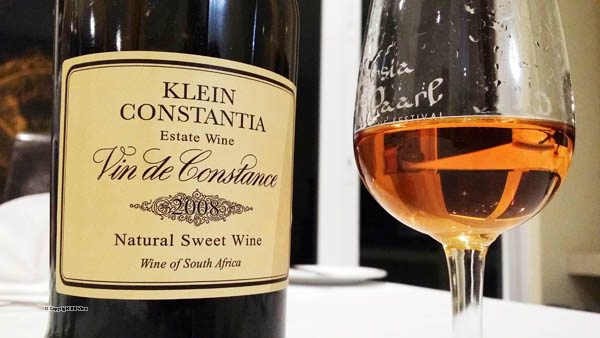
Running a vineyard in South Africa is not just about growing grapes and ferment them into wine. It is also to a great extent about taking care of ones employees. Hans Åström has for the 90 hectares 110 employees. There are daily challenges with health issues, poverty, alcohol abuse and other problems. Klein Constantia is trying to help improve the situation for the employees as best they can and are for example investing in good housing.
Another challenge is the economy and infrastructure in South Africa. As an example, the power supply is precarious and expensive and they have therefore invested in panels to become self-sufficient with solar energy.
The vineyard is located not far from the centre of Cape Town, virtually in the suburbs. Therefore, the land is expensive and could be used for housing instead. So you have to go for quality wines to get a reasonable return on the precious soil.
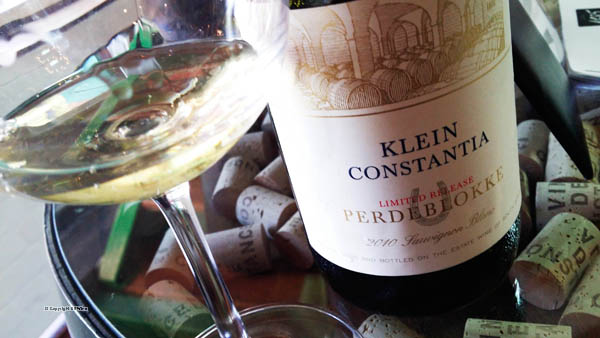
0-40,000 bottles is the annual production of the sweet Vin de Constance. It is a risky process to let the grapes hang on the vine until they become small and almost dried like raisins. The wine has no botrytis, which sweet wines often have in some other wine regions, such as Sauternes and Tokaj. The harvest takes three months. After harvesting the grapes they let them macerate on the skins for about three months. Then it ferments slowly for almost a year. The wine is stored up to four to five years in 500 litre barrels. Although the volume is small, this sweet wine represents almost 50% of sales at Klein Constantia.
Much of the wine is exported, 65% of it, to 54 different countries, where surely the historical reputation helps a lot. The main markets are England, Denmark and North America.
Watch the video below with Hans Astrom telling the story! If you understand Swedish or if Google captions can give you an idea of what he is saying.
[box type=”info” style=”rounded” border=”full”]Want to come on a wine tour to South Africa and maybe meet Hans Astrom, or many other talented winemakers? Take a look at BKWine’s wine tour to South Africa with many winery visits, wine tasting gourmet meals and much more!
Travel to the world’s wine regions with experts on wine and the wine tour specialist.
A wine experience like no other![/box]
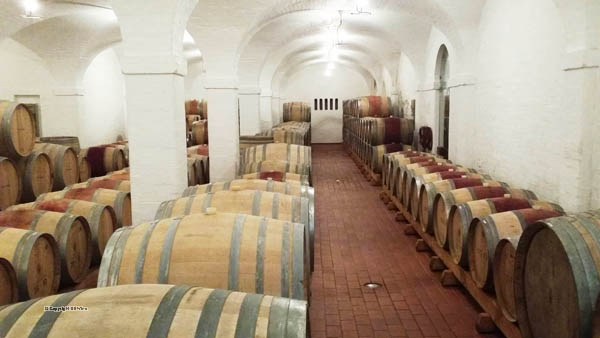


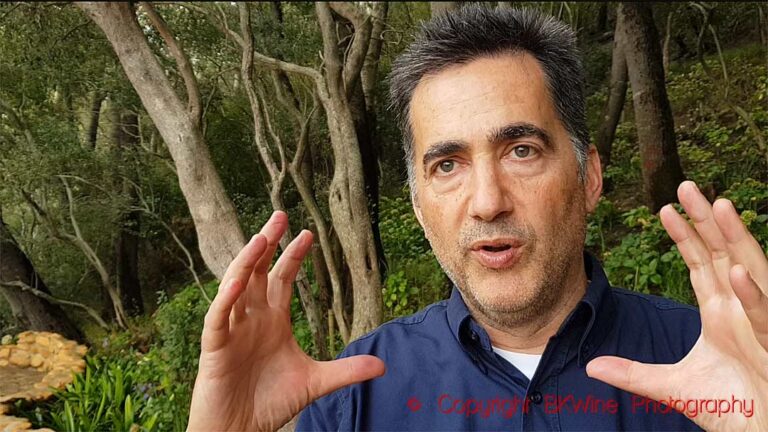
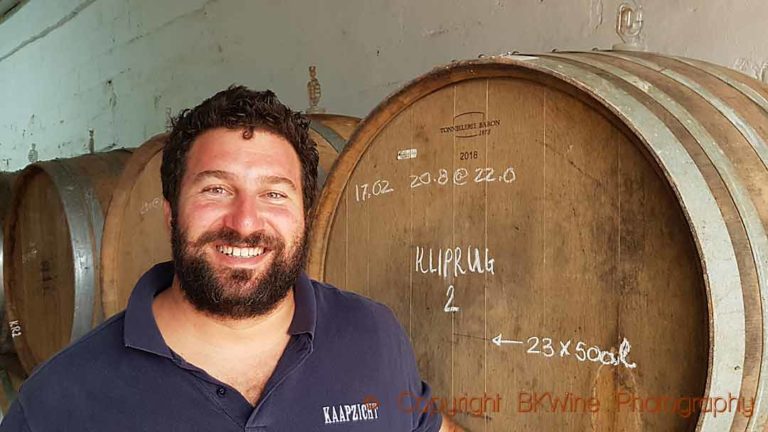
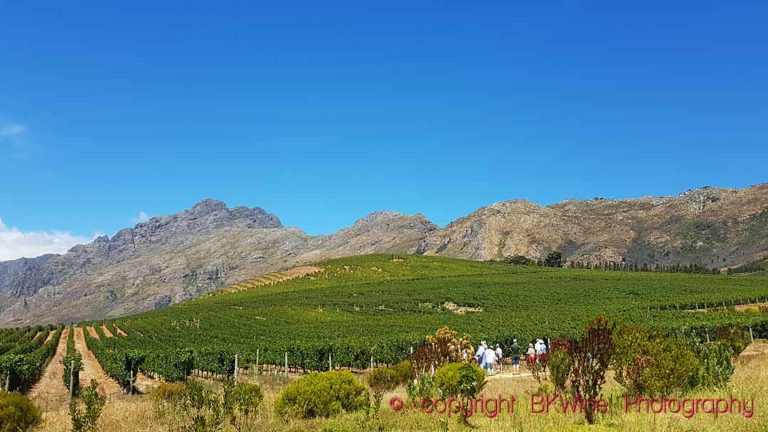




One Response